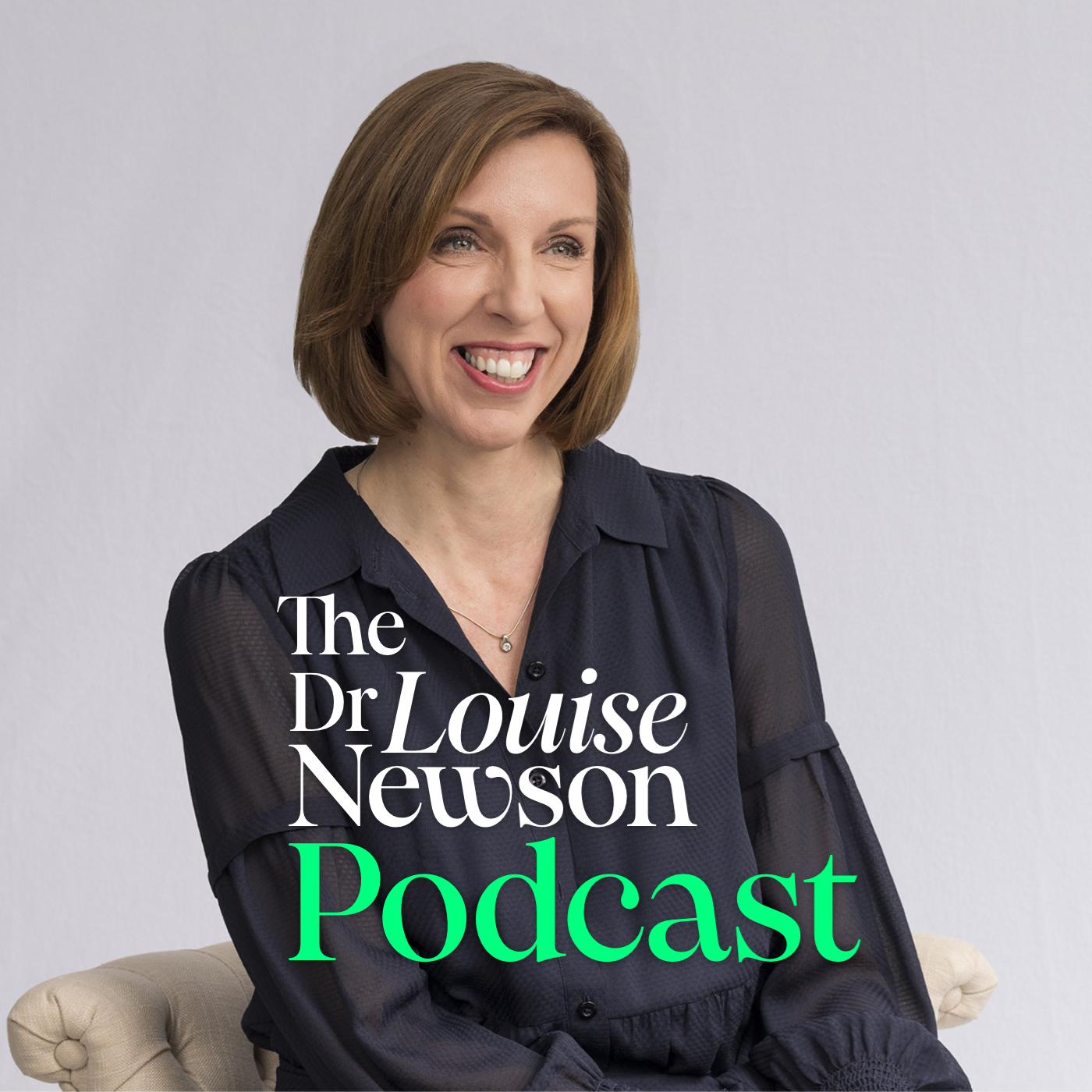
8.5M
Downloads
311
Episodes
Dr Louise Newson is an award-winning physician, respected women’s hormone specialist, educator, and author committed to increasing awareness and knowledge of perimenopause, menopause, and lifelong hormone health. Each week, Louise dives into the newest research, treatments and hot topic issues, providing accessible, evidence-based information to empower your future health. Joined by fellow experts and special guests, with answers to your burning questions, Louise explores how hormones impact every aspect of our lives. Described as the “medic who kickstarted the menopause revolution”, Louise aims to empower a generation of women to have a greater understanding, choice and control over their treatment, bodies, minds and future health through their hormones. She is the creator of the award-winning free balance app, a Sunday Times bestselling author and the founder of the Newson Health clinic. With over three decades of clinical experience, Louise is a member of the Royal College of Physicians, a Fellow of the Royal College of GPs, a Visiting Fellow at Cambridge, a regular contributor to academic journals including the Lancet and the British Journal of General Practice, and has been awarded an honorary Doctorate of Health from Bradford University. DISCLAIMER: The information provided in this podcast is for informational purposes only and is not intended as a substitute for professional medical advice, diagnosis, or treatment. Always seek the advice of your physician or other qualified health providers with any questions you may have regarding a medical condition. The views expressed by guests are their own and do not necessarily reflect the views of Dr Louise Newson or the Newson Health Group.
Episodes

Tuesday Mar 14, 2023
195 - Health risks and treatment of surgical menopause with Dr Walter Rocca
Tuesday Mar 14, 2023
Tuesday Mar 14, 2023
Dr Walter Rocca is a neurologist from the Mayo Clinic in Minnesota, USA, where he studies common neurological diseases as well as the aging processes between men and women. He has a particular focus on estrogen and the effects of menopause on health risks.
In this episode, Dr Rocca explains how sex hormones have a much greater role in many of the body’s functions than simply regulating the menstrual cycle and reproduction. He explains why it’s so important to treat women with hormone replacement after bilateral oophorectomy with or without hysterectomy or early menopause, especially younger women.
Dr Rocca’s three take home messages:
- The ovaries are a tremendously important organ for healthy functioning of our heart, brain, bones, kidneys, lungs and more.
- For healthcare professionals: be very careful when thinking about removing the ovaries and/or the uterus, unless there is a very clear clinical indication. The longer-term harmful effects of these surgeries are greater than the apparent short-term benefit to symptoms.
- If a woman has a high genetic risk of ovarian cancer (>40% risk level), removal of the ovaries is appropriate, but she should be given estrogen therapy afterwards as the risk associated with this treatment is very low (including for BRCA carriers). If a natural menopause occurs early or prematurely, these women should also be offered estrogen therapy, unless there is a specific contraindication.

2 years ago
Very interesting thank you